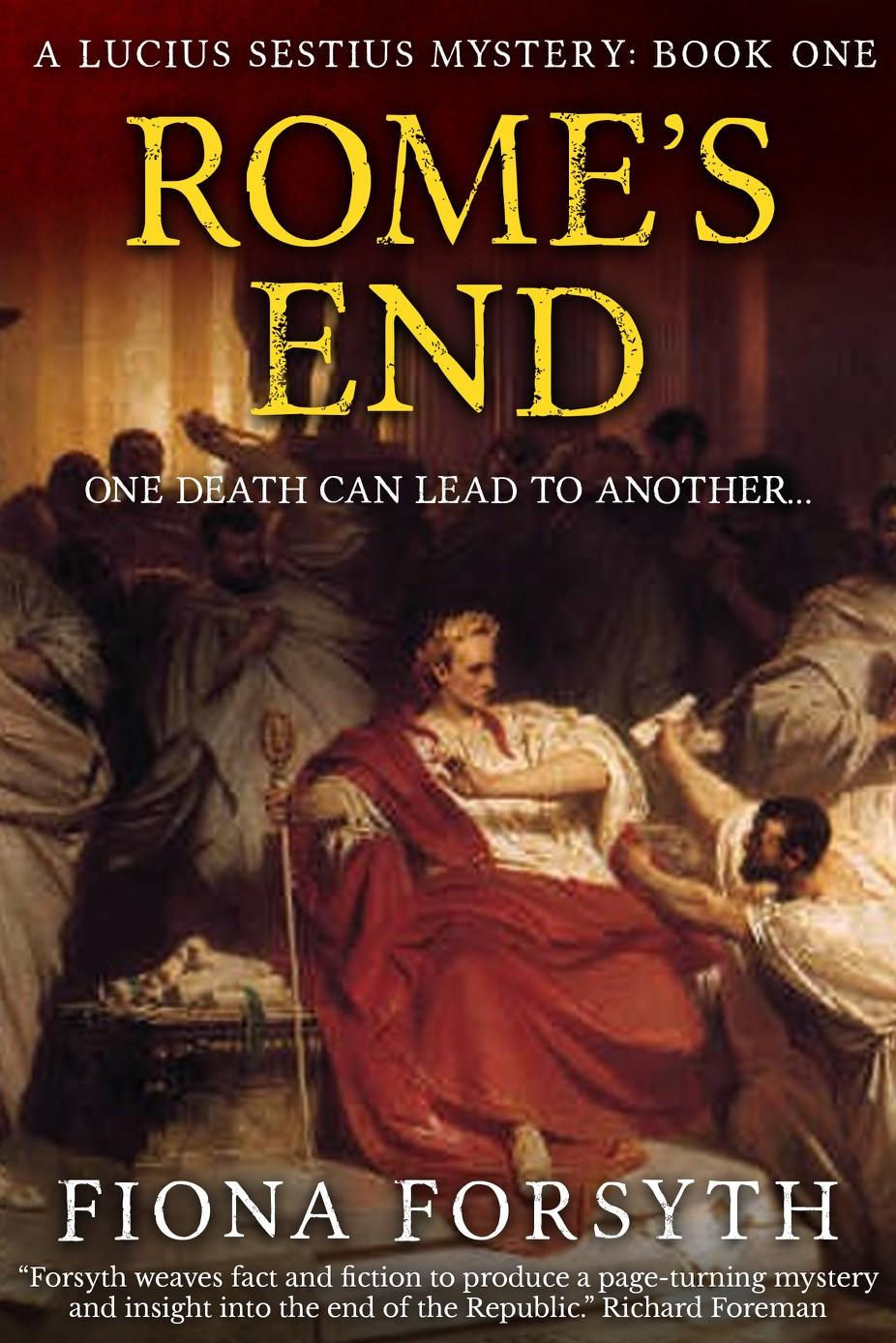I am thrilled to have the bestselling historical novelist, Fiona Forsyth take time to visit the blog today and discuss something many authors feel: imposter syndrome. I have discussed this with Erin Kelly previously and it is reassuring that writers whose work I enjoy and who are successful in their field have the same feelings as everybody else. Thank you for your time today, Fiona and for sharing your feelings of imposter syndrome - even if they are totally unjustified! Over to you.
Blank screen. No new reviews. The last person to rate a book of mine on Amazon gave it two stars because he didn’t like the cover. Let’s face it - I’m not really a writer, am I? I’m a fraud and just moments away from being called out!
Except - I do write. Every day. Articles, poems, short stories and novels. I’ve sold my own books at the village fete! To anyone else, it must be obvious that I’m a writer. “You’re published!” say friends. “Ah yes, but…” I say suddenly panicked into denying my right to be called a writer.

Looked at dispassionately, it is an interesting phenomenon. When I was a teacher, I never felt that I couldn’t teach. After all, I went in every day and did it. If I wasn’t a teacher, I was doing a good job of hiding it from everyone including myself. But, for me, writing seems to incorporate a feeling of not really belonging in this environment. Maybe, my mind tells me, you are on a sort of internship, gaining “valuable experience” before you go back to the real world and do a real job again.
Because I hadn’t come across it before, I thought that this was a feeling peculiar to writers. Asking around, I’ve been surprised by how many people admit to it. Neil Gaiman once met Neil Armstrong at a gathering of lots of cool and famous people. As they bonded over first names, Neil Armstrong confessed to feeling that he didn’t really belong there, because, as he put it, “I just went where I was sent.” It just shows us that truly amazing heroes also suffer from imposter syndrome.
So, what can we do? Well, recently I asked some writers about imposter syndrome and they were immediately there with their encouragement and support: and of course they were, because they are writers and the writing community rocks!

So here is my first tip:
1. Find your writing people. Writing groups, online or in real life, the Twitter writing community – find it and join it. Writers “get” writers.
And my next tip? See the first tip. The most support I’ve had on this journey has been from other writers. They know that it can be a lonely business, they know that everyone has “those” days, and they are fierce in their defence of you, your books, your right to call yourself “writer”.
It’s like walking into a small bar in Boston and discovering that everybody knows your name.
Funnily enough, Fiona, I have been to that small bar in Boston - but not a single person there knew who I was! Thank goodness for the writing community and thank you for your insight.

The Author
From the age of six when she was introduced to the myths of Greece and Rome, Fiona Forsyth wanted to explore the differences between our world and theirs. Curiosity led her to study Classics at a time when most people told her that Latin was not useful: she then earned a living teaching it for 25 years before a family move to the Middle East gave her the opportunity to write about the people, events, themes and stories which had fascinated her for so long. Now back in the UK, she has published four novels with Sharpe Books, and is working on number five.
The links
Great piece, Fiona. You can write, can't you? (And by that I mean write factual pieces, as well as gripping fiction) Every single word rings true. I recently sent off a short story to a competition and reckon that I must have done over a hundred re-writes. For a 2,000-word piece! And it only went off because I'd reached the deadline. It needed so much more work to make it even a vaguely possible contender...
Thank you for sharing. We are all impostors. Maybe that's why I hide behind the pseudonym of Maggie Richell-Davies. But we ARE writers. 😥